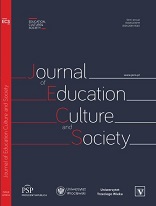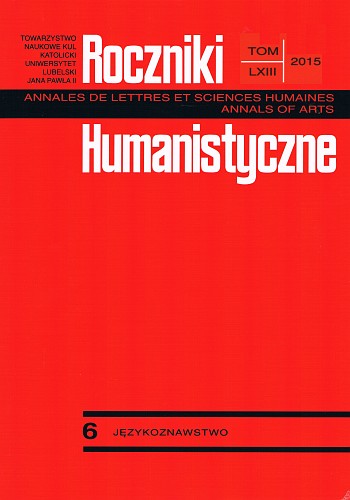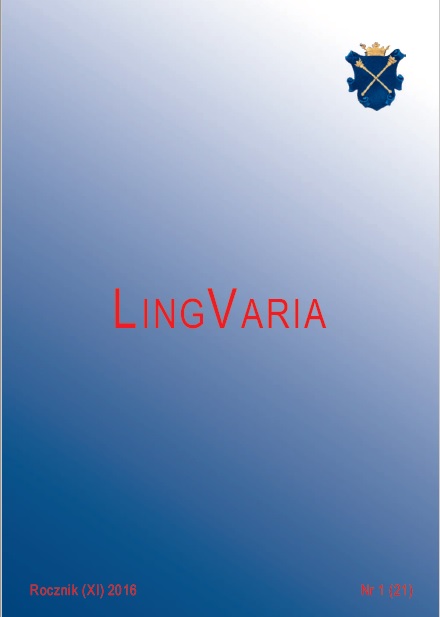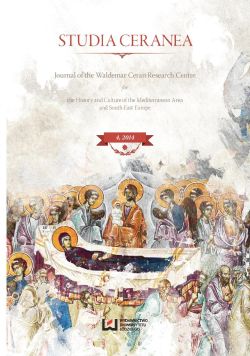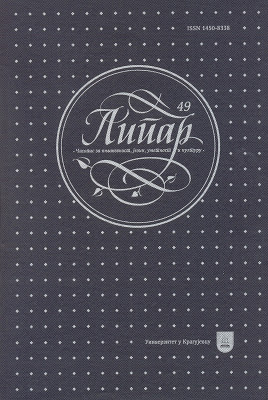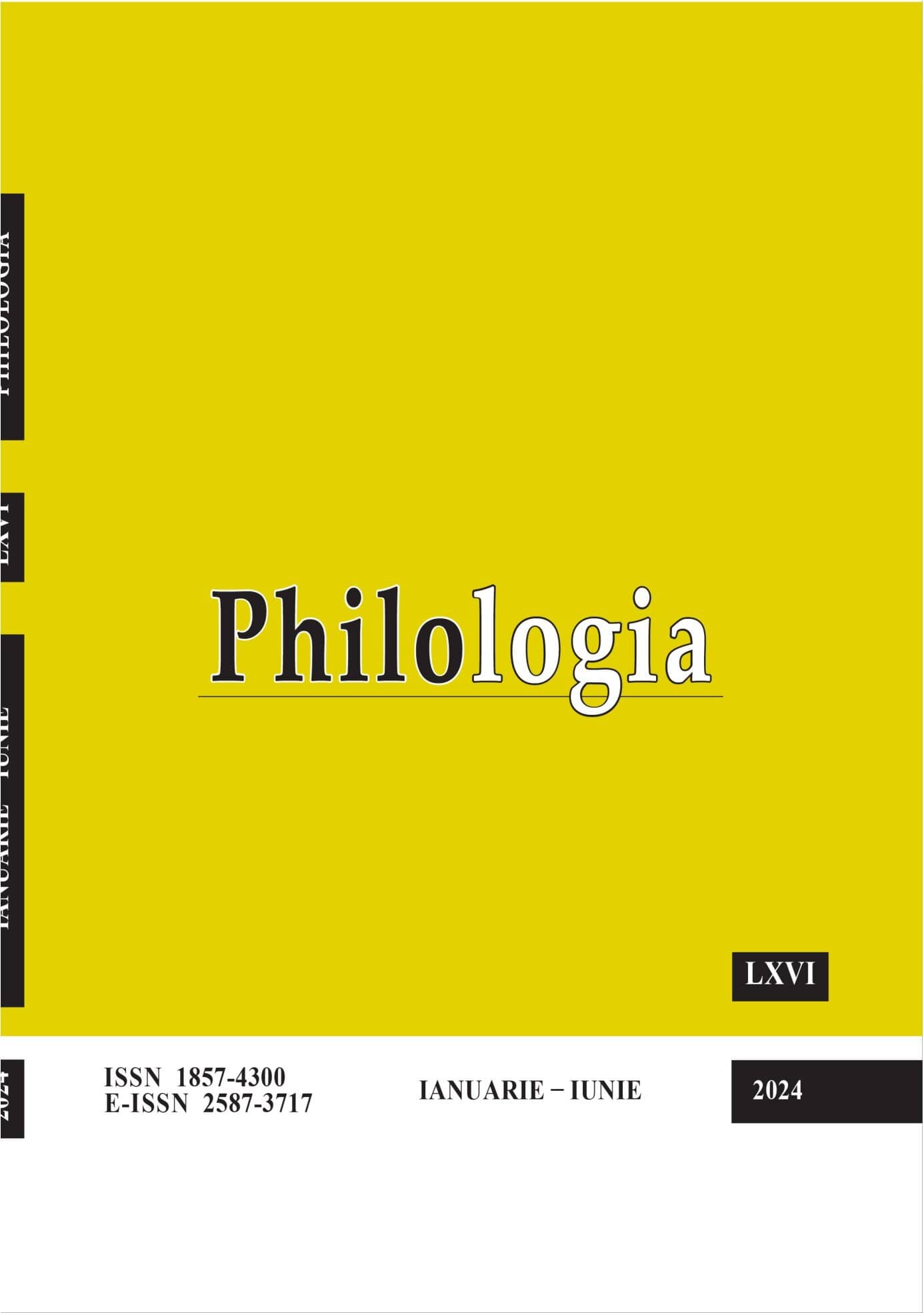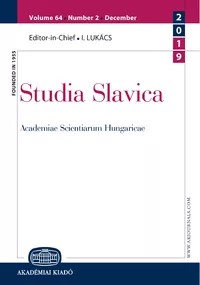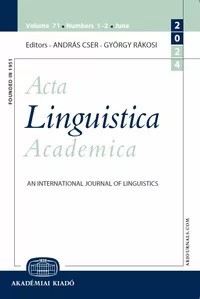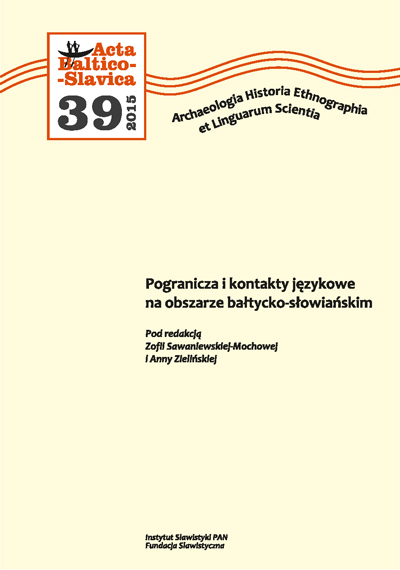
Specy czne warianty j zyków narodowych: polski pó nocnokresowy i niemiecki nadwo a ski.
The author addresses particular language codes: Polish Northern Kresy dialect and Volga German. ese varieties of their respective national languages evolved in unusual circumstances. Both were located outside of their home ethnic territory and occurred mainly in the form of extensive linguistic islands. Two varieties of Polish Northern Kresy dialect took shape in the lands of present day Lithuania, Belarus, and Latvia. Voluntarily moving to the cities and smaller towns of the Grand Duchy of Lithuania, Poles carried with them the Polish language, which eventually was assumed by the local upper echelons, who by Polonizing pro-duced a particular local cultural dialect. In the second half of the nineteenth century, Lithuanian and Belarusian peasants began to take up this dialect. In this manner, compact Polish language areas developed beyond the northeastern ethnic border, in other words, the areas of Northern Kresy dialect. Both varieties of the Polish lan-guage developed in the Russian Empire, where they were subjected to Russification. Once again they were drawn into the orbit of a strong Russian influence after World War II. On this basis, a new Northern Kresy cultural dialect took shape in the Lithuanian Soviet Socialist Republic. Volga German dialects, which can be categorized as transferred dialects, arrived in the Volga region in the eight-eenth century with settlers from different parts of Germany, and underwent modifications in the new locale, consisting mainly of the mixing of different dialects. ese evolved for a long time in isolation, from the Russian environment, from other varieties of the German language used in many places in Russia, as well as from literary German. At the end of the nineteenth century, they were officially subjected to Russification. They were again Russified (Sovietized) in the 1920s and 30s. In the Soviet period, a peculiar cultural dialect developed, based on the dialects of Volga German. The author discusses the points of contact and divergence in the history of Volga German and Polish Northern Kresy dialect, indicating possible directions for comparative research.
More...
